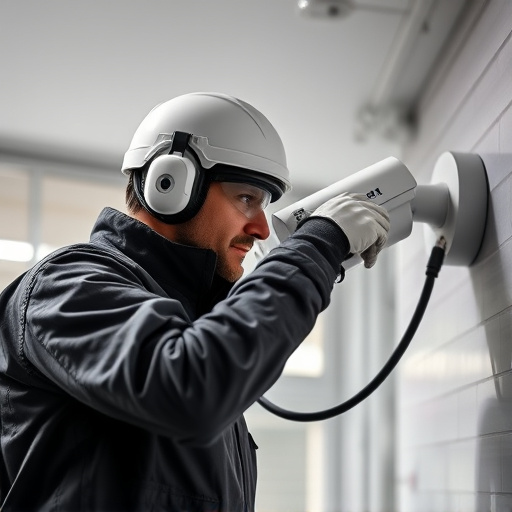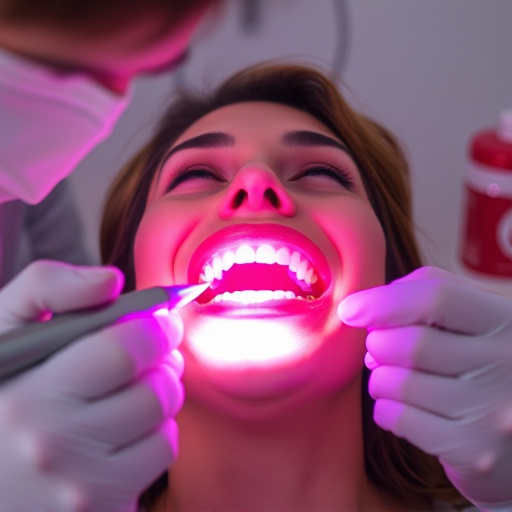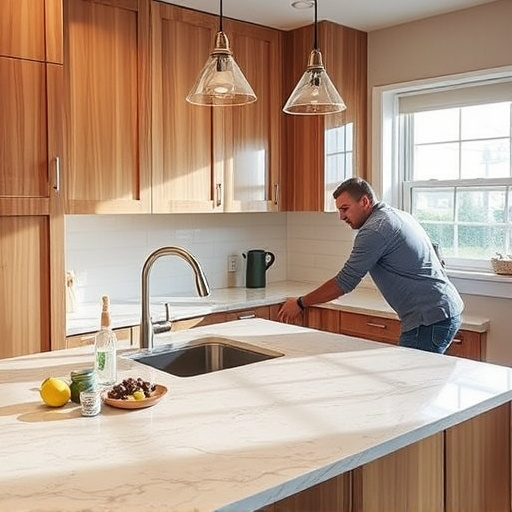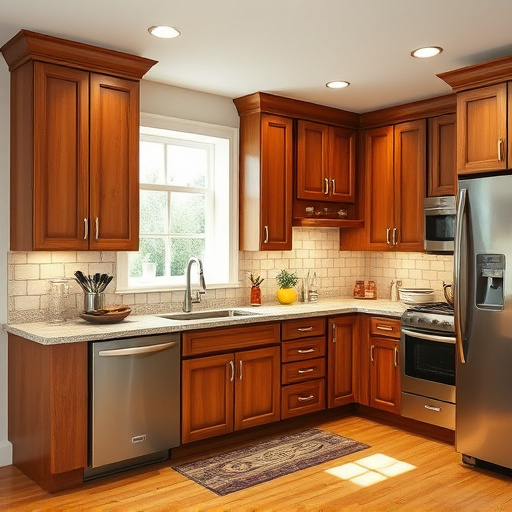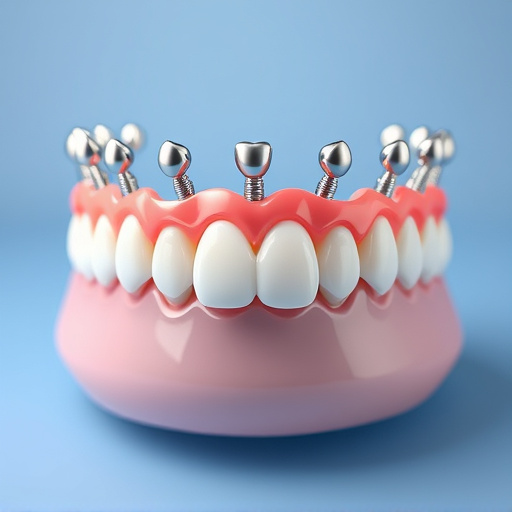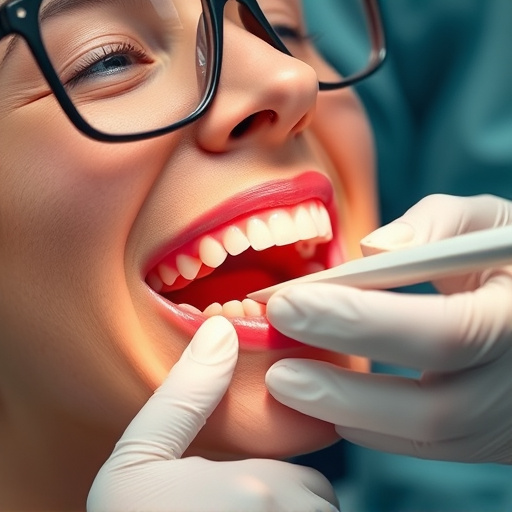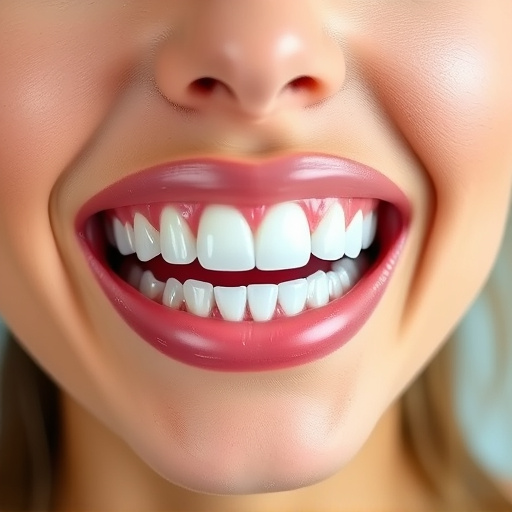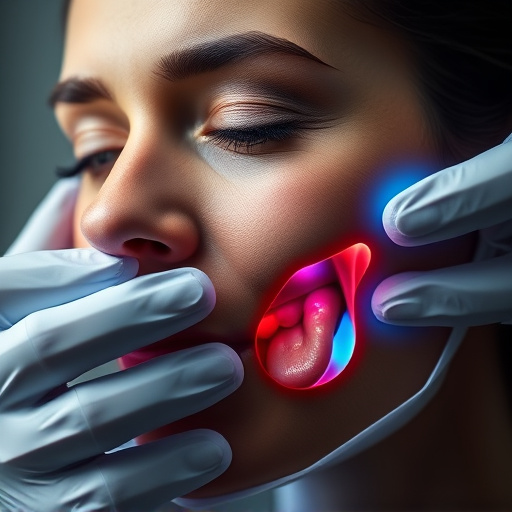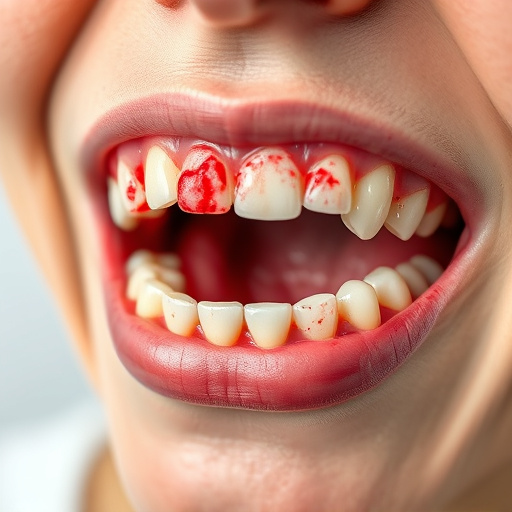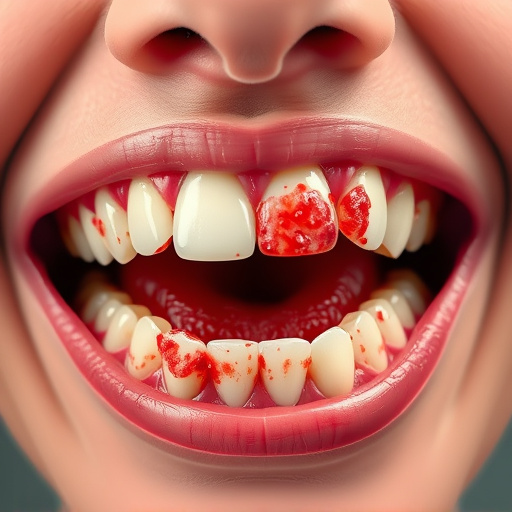Routine dental maintenance involves daily brushing and flossing at home, along with semi-annual professional cleanings and checkups. In-clinic visits prevent gum disease, detect early decay or infections, and reduce need for extensive treatments like fillings or clear aligners.
Routine dental maintenance is key to a healthy, vibrant smile. This comprehensive guide explores the dual approach of at-home oral hygiene and in-clinic care. By understanding the importance of regular dental visits and establishing effective brushing, flossing, and mouthwash routines, you can significantly reduce the risk of cavities, gum disease, and other oral health issues. In-clinic professional cleaning and examinations play a vital role in maintaining optimal oral health.
- Understanding the Importance of Routine Dental Care
- Building Effective At-Home Oral Hygiene Habits
- In-Clinic Visits: Professional Cleaning and Examination
Understanding the Importance of Routine Dental Care
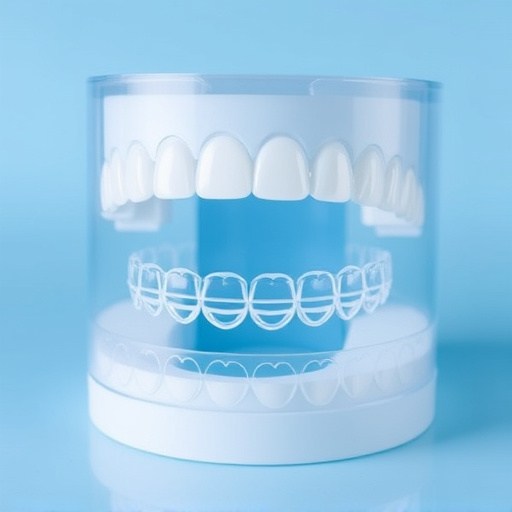
Routine dental maintenance is an integral part of keeping your smile healthy and strong. It involves a combination of at-home care practices and regular visits to your family dentistry clinic. By integrating these two components, individuals can prevent common dental issues like tooth decay, gum disease, and even the need for costly tooth repair procedures.
A solid oral hygiene routine, which includes twice-daily brushing and flossing, is the foundation of good dental health. This daily practice removes plaque buildup, a sticky film of bacteria that causes various oral problems. In addition to these at-home efforts, visiting your family dentistry clinic every six months for a professional cleaning and checkup is vital. During these appointments, dentists can catch potential issues early on, providing the opportunity for timely treatment before they escalate into more serious problems, even avoiding the need for emergency dental care in many cases.
Building Effective At-Home Oral Hygiene Habits
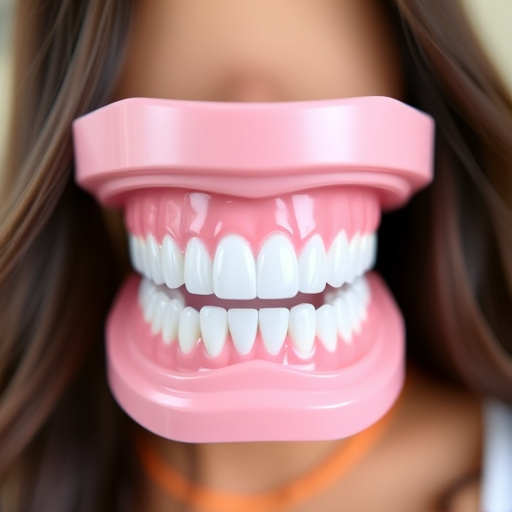
Building a solid foundation for oral health starts at home with effective at-home oral hygiene habits. Regular brushing and flossing are the cornerstones of any successful routine dental maintenance regimen. Aim to brush your teeth twice daily using fluoride toothpaste, ensuring each session lasts for at least two minutes. This will help remove plaque buildup, prevent tartar accumulation, and keep gums healthy. Additionally, incorporating interdental cleaning tools like floss or water picks into your daily routine is essential, as they reach areas that a toothbrush can’t.
Remember, consistent at-home care is crucial to maintaining between dental visits. It’s also beneficial to incorporate mouthwash for extra protection against bacteria and bad breath. While professional cleanings are vital for removing stubborn plaque and tartar, building strong at-home habits sets the stage for optimal oral health and reduces the need for intensive treatments like dental fillings or clear aligners due to preventable issues.
In-Clinic Visits: Professional Cleaning and Examination
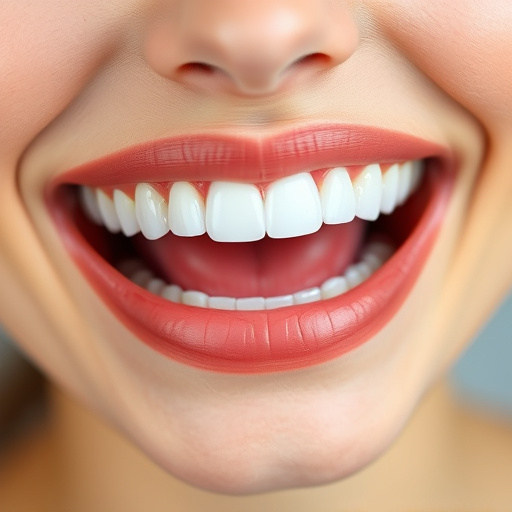
Regular in-clinic visits are a cornerstone of routine dental maintenance. During these appointments, dentists perform professional cleaning, removing plaque and tartar buildup that daily brushing and flossing might miss. This meticulous process not only freshens breath but also prevents gum disease and other oral health issues. Alongside cleaning, a comprehensive examination is conducted, involving X-rays and visual inspections, to detect any signs of decay, infection, or abnormalities. Early detection allows for more effective treatment, often preventing the need for extensive restorative dentistry procedures like cosmetic fillings or emergency dental care interventions.
Routine dental maintenance is a symbiotic blend of at-home care and professional in-clinic visits. By adopting consistent oral hygiene habits, such as daily brushing and flossing, combined with regular dental cleanings and examinations, individuals can achieve and maintain optimal oral health. This dual approach ensures that both visible plaque and tartar are removed, while also providing the opportunity for early detection of potential issues. Incorporating routine dental maintenance into your lifestyle is a proactive step towards a healthier, happier mouth.
